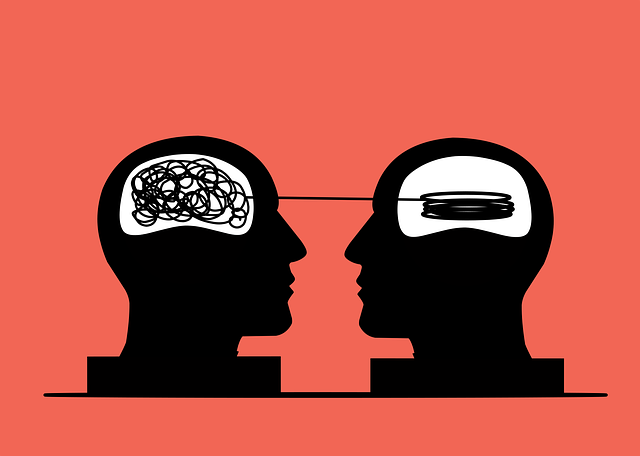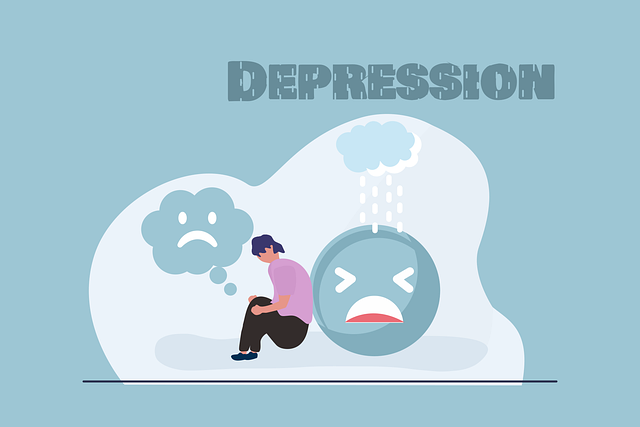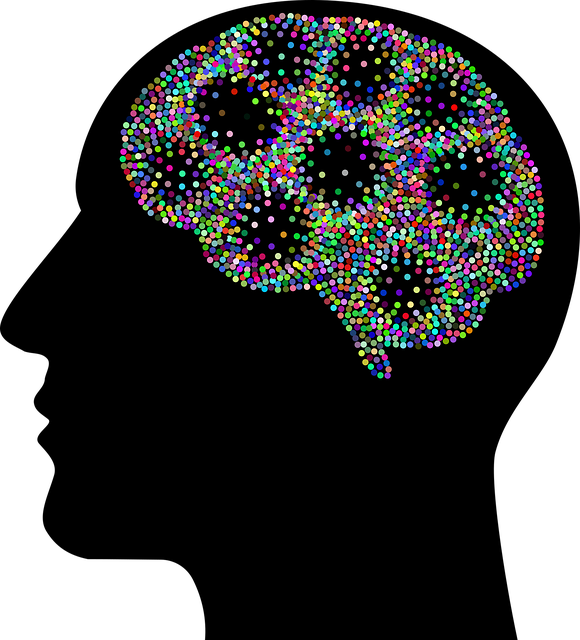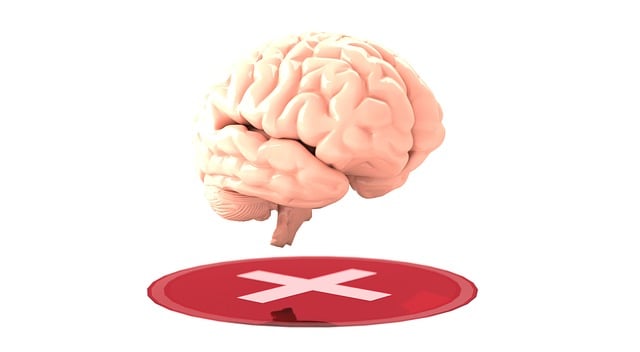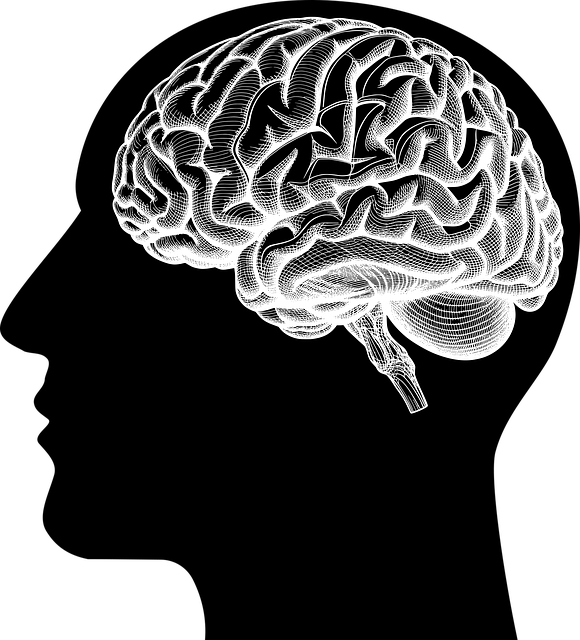Lafayette Cognitive Behavioral Therapy (LCBT) emphasizes Emotional Intelligence (EI) as a powerful tool for personal and professional growth, boosting mental well-being, relationships, and reducing stigma around mental health. Through LCBT, individuals learn to identify and understand their emotions and others', enhancing self-awareness for adaptive decision-making. In healthcare, this can prevent burnout, improve patient interactions, and increase job satisfaction. Practical tools include self-reflection, mindfulness, emotional journaling, open conversations, active listening, and feedback from trusted sources. The process requires patience as individuals develop EI over time.
Emotional intelligence (EI) is a powerful tool for navigating life’s challenges and fostering meaningful connections. This article explores the benefits of building EI, offering practical insights tailored with Lafayette Cognitive Behavioral Therapy (LCBT). You’ll discover strategies to enhance self-awareness, manage emotions, and improve relationships. Through integrated tips and exercises, learn how LCBT can help you harness the power of EI in your daily life, leading to improved mental well-being and enhanced interpersonal interactions.
- Understanding Emotional Intelligence and its Benefits
- Strategies for Enhancing Emotional Intelligence with Lafayette Cognitive Behavioral Therapy
- Integrating Emotional Intelligence into Daily Life: Practical Tips and Exercises
Understanding Emotional Intelligence and its Benefits

Emotional intelligence (EI) is a crucial skill set that involves recognizing, understanding, and managing our own emotions while also acknowledging and empathizing with others’ feelings. It’s about more than just being aware of emotions; it’s using this awareness to guide thoughts and actions in positive ways. This concept, often discussed in the realm of Lafayette Cognitive Behavioral Therapy (CBT), has gained significant attention due to its profound impact on various aspects of life.
The benefits of cultivating emotional intelligence are vast. It can enhance relationships by fostering better communication and understanding between individuals. In terms of mental well-being, EI plays a pivotal role in stress management and emotional resilience. Moreover, community outreach program implementations focusing on improving EI can contribute to stigma reduction efforts related to mental illness. Additionally, boosting confidence through emotional intelligence training empowers individuals to navigate social interactions with greater ease and self-assurance.
Strategies for Enhancing Emotional Intelligence with Lafayette Cognitive Behavioral Therapy

Enhancing emotional intelligence (EI) is a crucial aspect of personal and professional growth, especially in demanding fields like healthcare. Lafayette Cognitive Behavioral Therapy (LCBT) offers effective strategies to develop EI, which can significantly impact overall well-being and performance. One key approach involves identifying and understanding emotions—both one’s own and others’. LCBT encourages individuals to label and process feelings, fostering a deeper connection with their inner world. This self-awareness is essential for making thoughtful decisions and responding adaptively in various situations.
In the context of healthcare, Burnout Prevention Strategies for Healthcare Providers can benefit greatly from EI development. By cultivating emotional intelligence, professionals can better manage stress, improve patient interactions, and enhance overall job satisfaction. LCBT’s focus on cognitive reframing helps individuals challenge negative thought patterns, promoting a more balanced perspective. This mental health education program design not only contributes to personal growth but also fosters a healthier work environment, benefiting both providers and their patients.
Integrating Emotional Intelligence into Daily Life: Practical Tips and Exercises

Integrating Emotional Intelligence into your daily life is a powerful way to enhance your overall well-being and relationships. Lafayette Cognitive Behavioral Therapy (CBT) offers practical tools for cultivating emotional intelligence, helping individuals navigate their emotions effectively. Start by dedicating time for self-reflection; practice mindfulness exercises like meditation or deep breathing to become more attuned to your feelings. Keep a journal to track your emotions throughout the day, identifying patterns and triggers.
Additionally, engage in conversations with others openly and empathetically. Cultivate active listening skills to understand different perspectives, fostering cultural sensitivity in mental healthcare practices. Regularly seek feedback from trusted friends or family members to gain insights into how your emotions impact those around you. Remember, emotional healing processes are ongoing; be patient with yourself as you learn and grow towards becoming more emotionally intelligent.
Emotional intelligence, a key component of personal growth, can be significantly enhanced through strategies like those offered by Lafayette Cognitive Behavioral Therapy. By understanding and managing emotions, individuals can improve their relationships, make better decisions, and lead more fulfilling lives. Integrating emotional intelligence into daily routines, as discussed in this article, provides practical tools for cultivating self-awareness, empathy, and resilience. With persistence and practice, these techniques can help transform challenges into opportunities for growth, ultimately enriching one’s personal and professional journeys.
